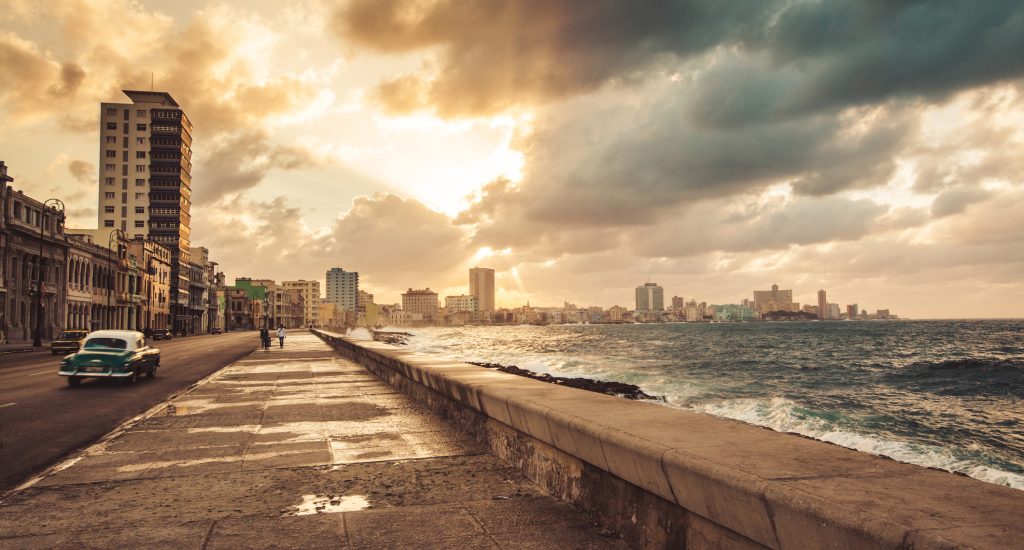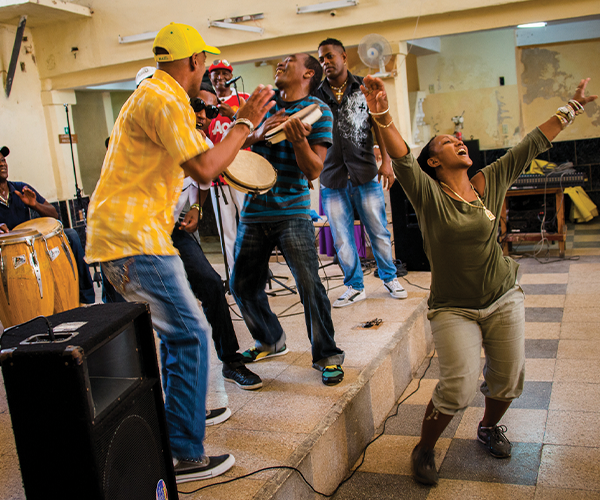
Cuba Never Fails To Surprise
By: Chase Poffenberger, Executive Vice President
In late October, Hector Cruz-Feliciano, Director of Latin American Programs at ATA’s study abroad division (CET), and I met in Havana for a week of exploration. Our goal was to see what had changed since the start of the pandemic and to assess if we could confidently operate high quality programs again in 2023. I’m delighted to say that despite the severe economic challenges Cuba is facing, we believe that now is the right time to return to Cuba because demand has returned and Cubans badly need support from educational travel providers. Here are the top 5 things Travel Planners need to know now.
- It’s the right time to plan travel to Cuba. Despite a mass migration of Cubans to the US during the last year, the people we met are committed to staying and determined to thrive. We met with artists, dancers, fashion designers, musicians, entrepreneurs, and gallery owners, all of whom are eager to participate in fully legal, custom-designed educational programs
- There’s a new hotel on the Malecon. Despite almost every hotel on the island appearing on the US Department of State’s prohibited list, there are a few exceptions, and the new The Grand Aston is a great new choice. The seafront location is superb and the amenities are a step above what we’d all gotten used to at the Parque Central or Melia Cohiba.
- The paladar/private restaurant scene is as vibrant as ever. We had some great meals at Vistamar, Yarini, Cinco Sentidos, and Cocinero.
- Money matters are greatly simplified. The Cuban Convertible Peso (CUC) was retired in January, 2021. As of this writing, while the Cuba Peso (CUP) is the only official Cuban currency, most purchases can be made in dollars or Euros, using an agreed-upon spot purchase rate.
- Cuba has handled COVID well. Cuba’s public health polices focus on prevention, primary care and community services. When COVID hit, the country was well prepared to protect its population. It miraculously developed several of its own vaccines and has inoculated nearly 95% of its population.
If you’re interested in discussing a return to Cuba, please contact us!


